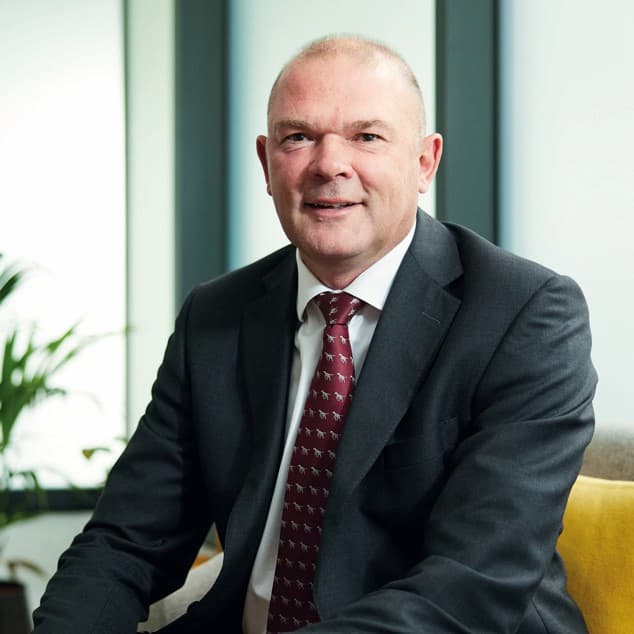Financial Results
Close Brothers Reports Statutory Loss

The UK financial group has offloaded its asset management business, raised regulatory capital by about £400 million, and set aside provisions to handle potential regulatory action over motor finance practices.
This week, London-listed Close Brothers, which
in early March wrapped
up the sale of its Close Brothers Asset Management business,
announced a statutory pre-tax loss of £103 million ($133.9
million), contrasting with a profit of £88 million a year
earlier.
The loss was caused mainly by a £165 million provision which
Close Brothers made to deal with potential regulatory action
linked to motor finance commissions and the way complaints about
this business were handled.
On an adjusted basis, profit for the half-year period fell 15 per
cent year-on-year to £74.9 million from £88.1 million, caused by
an increase in impairment charges, as well as a marginal decline
in income and slightly higher costs. Group return on average
tangible equity fell to 7.4 per cent from 9.9 per cent.
In March 2024, Close Brothers announced measures to increase its
available Common Equity Tier 1 capital – a standard measure of a
bank’s capital buffer –by about £400 million by the end of
the 2025 financial year. About £360 million of CET1 capital has
been generated or preserved as of 31 January 2025.
The sale of Close Brothers’ asset management business will
generate a profit on disposal of around £59 million, and raise
its CET1 ratio by about 120 basis points on a pro-forma basis at
31 January 2025 from 12.2 per cent to 13.4 per cent.
“My priorities include focusing on greater simplification,
improving operational efficiency, and driving sustainable growth.
Our goal is to ensure that once the motor finance
commissions' uncertainty has been resolved, the group is well
positioned to generate strong, sustainable returns,” Mike Morgan
(main picture), CEO, said in a statement. “Alongside a stronger
capital position, delivering on these priorities will create a
more efficient and resilient business, one that delivers greater
value for shareholders and continues to support customers, as we
have through many cycles."
In early January, Morgan succeeded Adrian Sainsbury, who had left
to “focus on his health.”